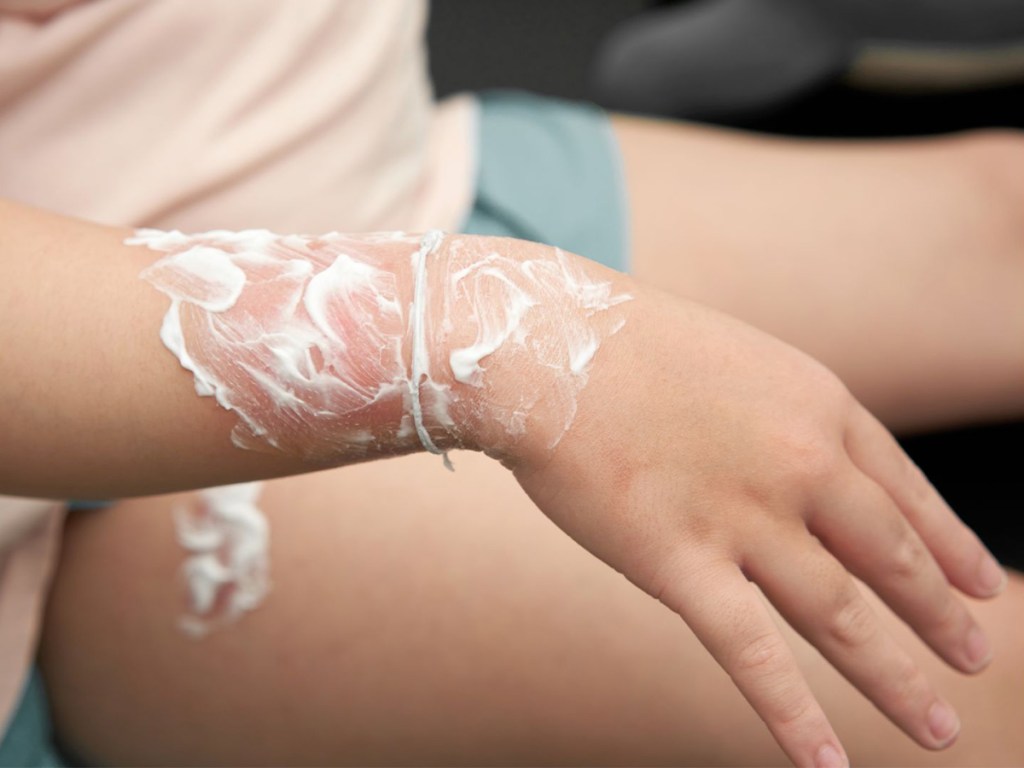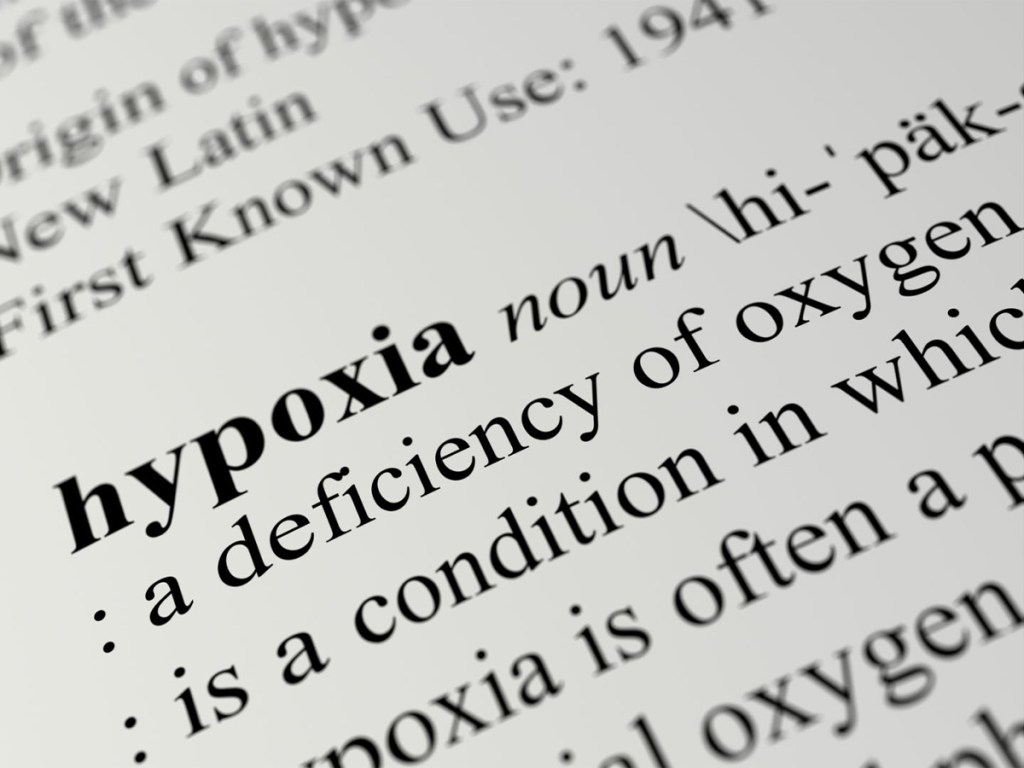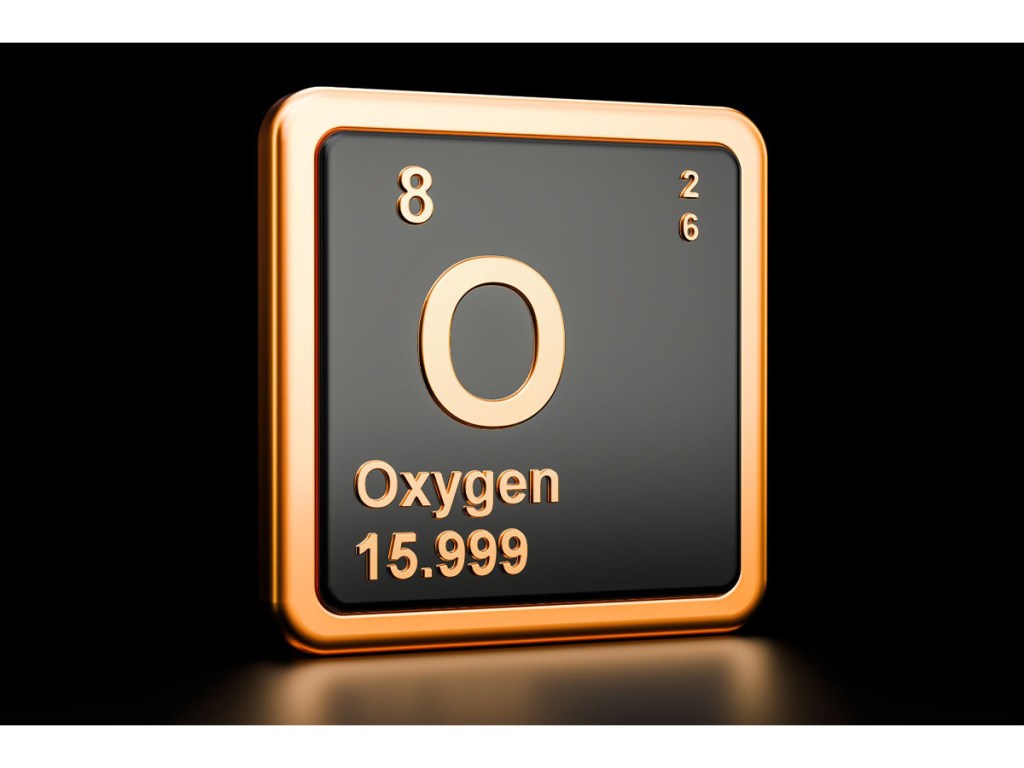This article was originally published by Common Dreams. You can read it here.
After President Donald Trump claimed Monday that he has been taking hydroxychloroquine on a daily basis for more than a week in an effort to prevent Covid-19—even though the anti-malaria medicine has not been proven effective for that purpose—medical professionals condemned Trump for continuing to recklessly tout the drug and warned the public against following the president’s lead.
“If everything else we know about President Trump hasn’t proven to you that he does not understand medicine or healthcare, and certainly doesn’t have your best interests at heart, this statement and the fact that he’s taking this drug should be everything you need to know,” Dr. Rob Davidson, an emergency care physician and executive director of the Committee to Protect Medicare, said in a video posted to Twitter following Trump’s remarks.
“The FDA recently issued a warning that this should not be used outside of hospital settings because of the risk of death. We know that patients with lupus depend on hydroxychloroquine, and when President Trump was touting it in March, they ran into shortages,” Davidson continued.
“We in the healthcare field need to come out in one voice against the use of this drug and against the advice of this president, knowing that he is going to put more people in harm’s way,” he continued.
“Trump said during a press briefing Monday that “you’d be surprised at how many people are taking” hydroxychloroquine, adding that he has been taking the drug every day for a week and a half as a preventative measure.
“I happen to be taking it,” Trump said after claiming without evidence that many frontline workers are also taking the drug. “I’m not gonna get hurt by it.”
Asked to provide evidence that the drug is effective in preventing coronavirus infection, Trump said: “Here we go, are you ready? Here’s my evidence—I get a lot of positive calls about it.”
“I get a lot of tremendously positive news on the hydroxy,” Trump continued, “and, you know, I say, hey… what do you have to lose?”
Following Trump’s comments, which reportedly “surprised many of his aides,” the White House released a memo from the president’s physician Dr. Sean Conley, who wrote that “after numerous discussions he and I had regarding the evidence for and against the use of hydroxychloroquine, we concluded the potential benefit from treatment outweighed the relative risks.”
The memo, dated May 18, does not explicitly say that Trump is taking hydroxychloroquine.
As Vox‘s Zack Beauchamp wrote, “the president is either doing something irresponsible or lying irresponsibly.”
“On the one hand, if Trump—a notorious liar—is telling the truth about taking the drug, it’s certainly newsworthy that the president is taking a dangerous medication for no good reason,” wrote Beauchamp.
“On the other hand, Trump may be trying to goad the media into getting bogged down in an issue that’s less important than the actual outbreak and Trump’s failed response to it,” Beauchamp continued.
“At the press conference, he told reporters, ‘I was just waiting for your eyes to light up when I said this, when I announced this,’ indicating he’s perfectly aware that he’s starting a controversy,” he said.
“Either way,” Beauchamp added, “it’s terrible behavior that reflects poorly on the man in charge of our country—just one more example of the wild unfitness for office that’s been on display throughout the pandemic.”
The president’s comment certainly sparked alarm across the media, including from his favorite television network, Fox News.
Fox anchor Neil Cavuto warned in a segment following Trump’s comments that “if you are in a risky population here, and you are taking this as a preventative treatment to ward off the virus… it will kill you.”
“I cannot stress enough,” Cavuto said. “This will kill you.”
Dr. Steven Nissen, the chief academic officer of the Miller Family Heart, Vascular, and Thoracic Institute at the Cleveland Clinic, told the New York Times in an interview that he is concerned Trump’s comments will lead the public to “believe that taking this drug to prevent Covid-19 infection is without hazards.”
“In fact, there are serious hazards,” said Nissen.














